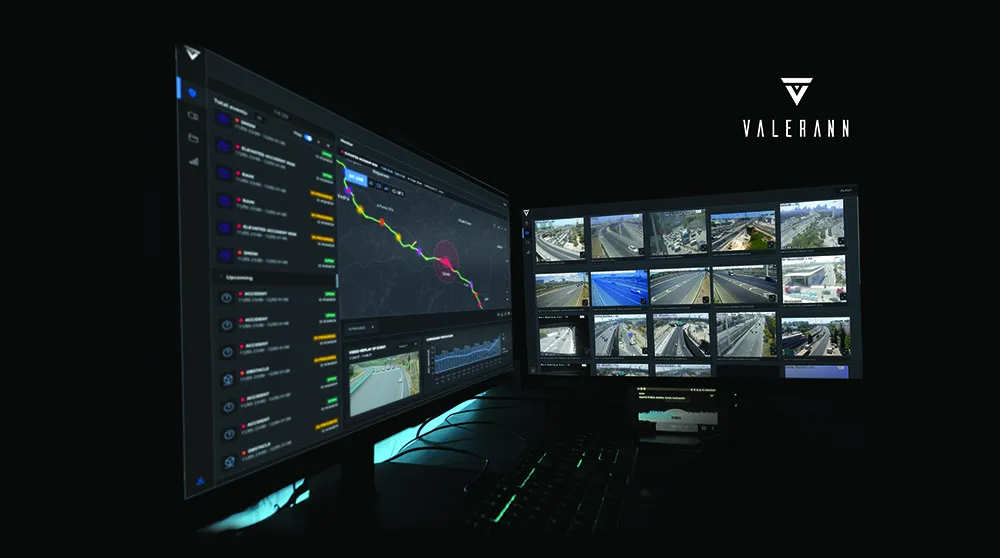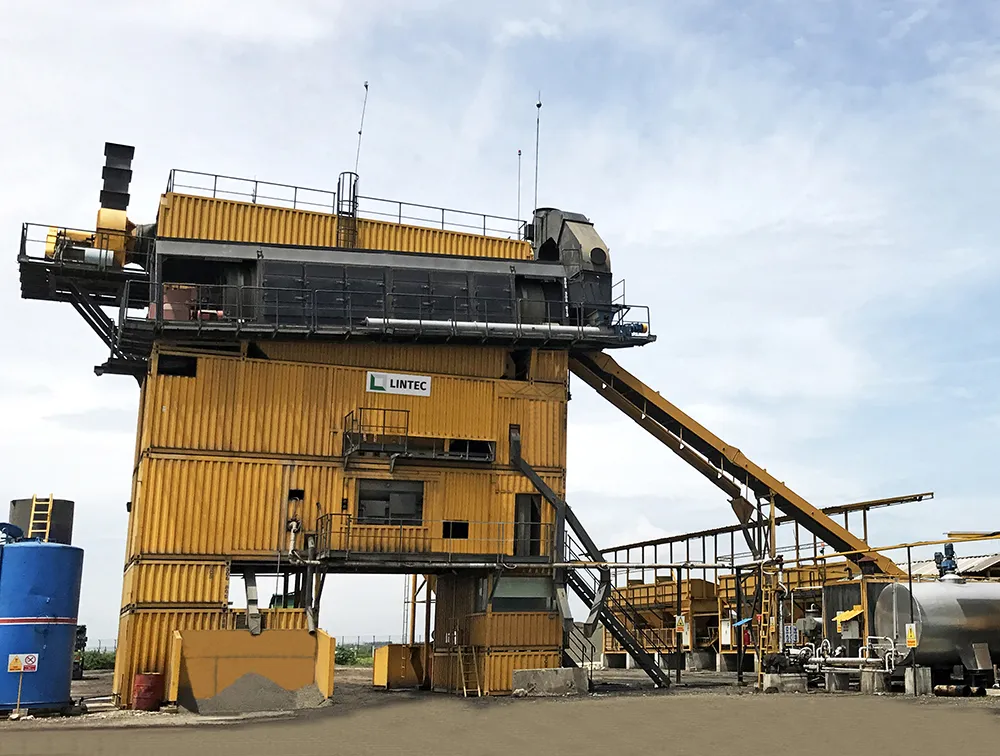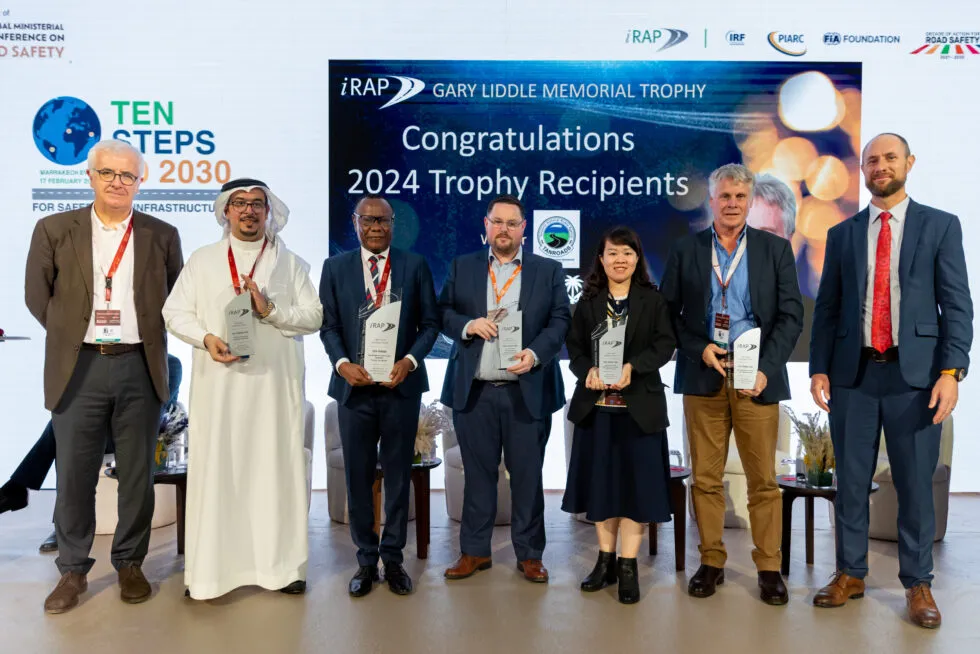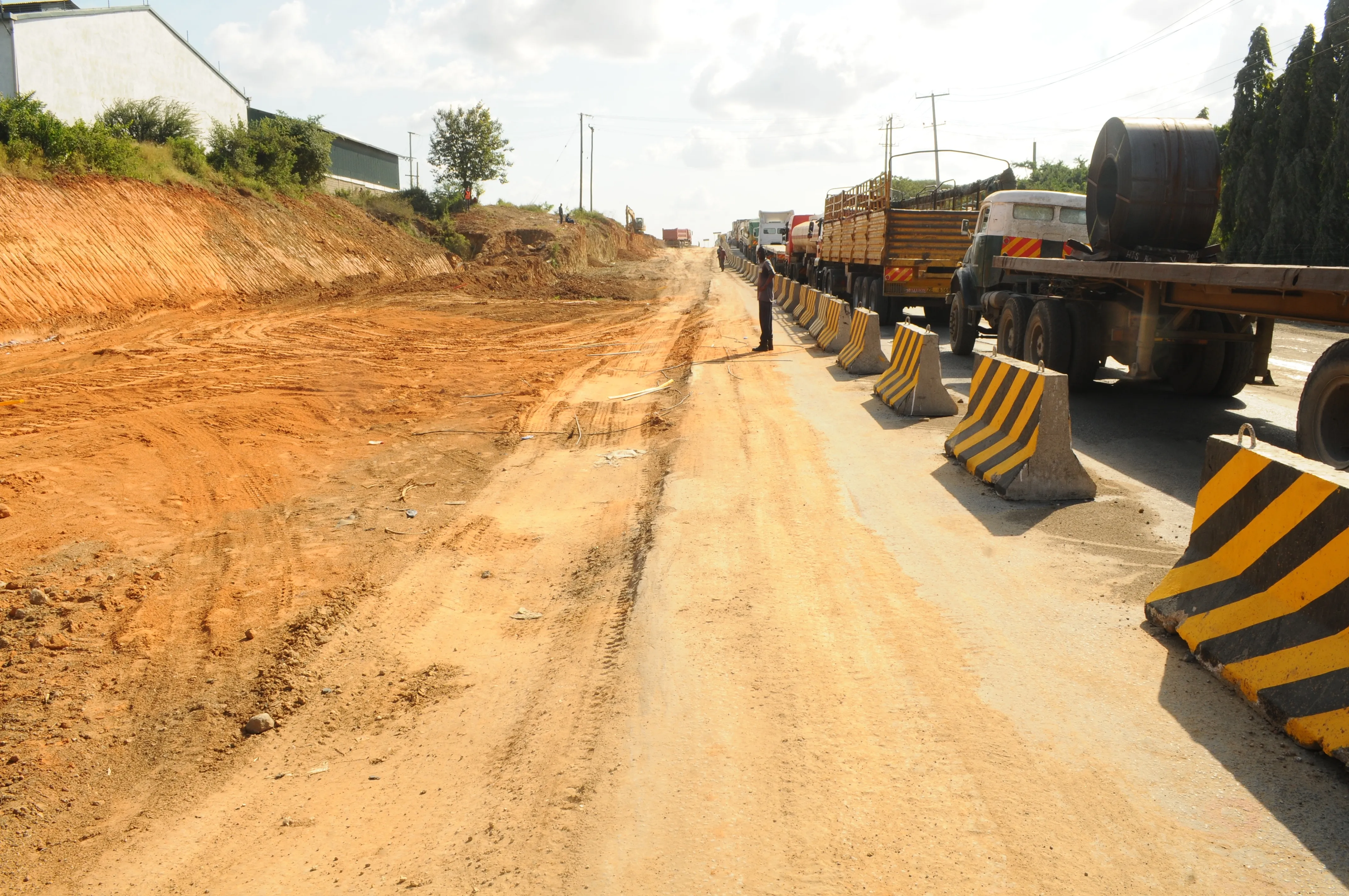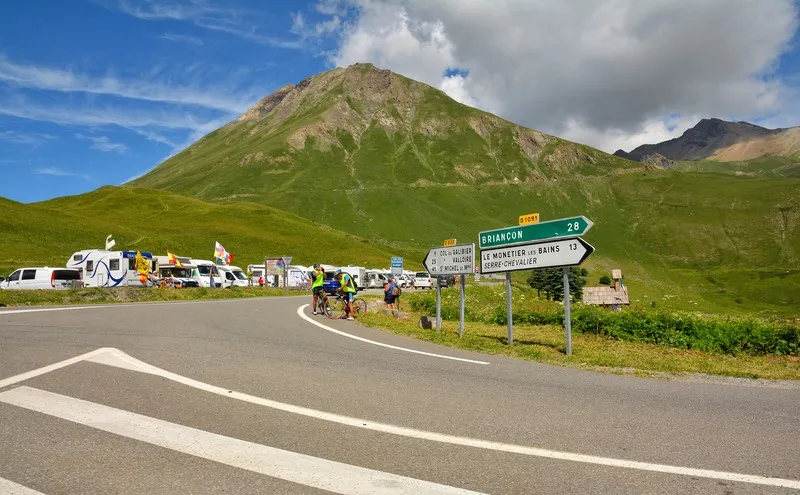
As part infrastructure development for the 2030 Olympic and Paralympic Games in Briançon and the Serre-Chevalier valley, Egis will project manage modernisation of road RD1091.
The award was given to Egis - an international company active in the consulting, construction engineering and mobility service sectors - by the Hautes-Alpes department and the municipality of Briançon. It covers 16km or Route Departmental 1091 between Briançon and Serre-Chevalier.
There will be a comprehensive redevelopment of the road and construction of an additional lane dedicated for Olympics use and then for public transport and bicycles. The addition of what will be called the Olympic Lane will, in fact, be a dedicated lane for athletes to transfer between the Olympic Village in Briançon and the Olympic Stadium in Serre-Chevalier.
Olympic events, from February 1-17, will be held across the departments of Alpes-Maritimes and Hautes-Alpes in Provence-Alpes-Côte d'Azur - with the prefecture of Nice hosting most ice events - and the departments of Haute-Savoie and Savoie in Auvergne-Rhône-Alpes. Briançon will host skiing and snowboarding events.
After the Games, the new lane will relieve congestion on the RD1091, which is congested by constantly increasing tourist traffic in this mountainous area of the Auvergne-Rhône-Alpes and Provence-Alpes-Côte d'Azur regions. At an altitude of 1,326m, Briançon in the Hautes-Alpes department is the highest city in France.
Egis as lead contractor in a consortium will project manage during the design and construction phases. It will work with co-contractor ABEST Group which specialises in mountain infrastructure and competition venue development. Egis said it will mobilise local ABEST teams, notably in Seyssins and Marseille, alongside those of the in Ugine and Meylan. This will guarantee in-depth knowledge of regional issues and seamless coordination with local stakeholders throughout the project.
“Continuing our commitment [we had] for the Paris 2024 Games, we are proud to contribute to the success of the 2030 Winter Games,” said Diogo Taddei, director of sport and events at Egis. “This project demonstrates our ability to support major international sporting events while aligning our efforts with a legacy approach.”


